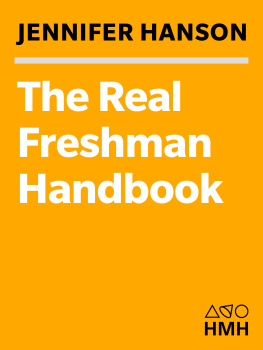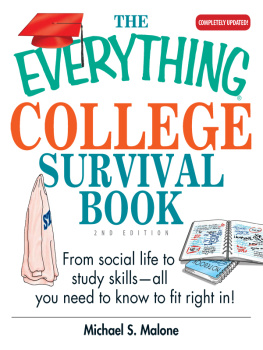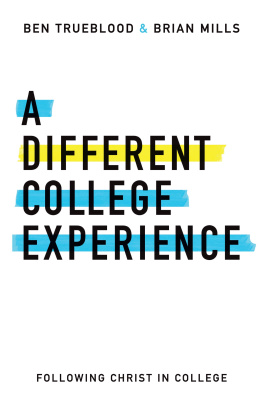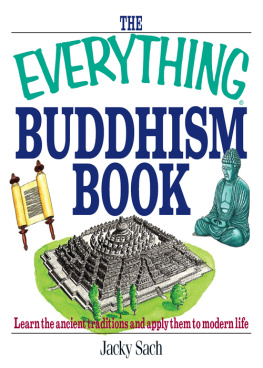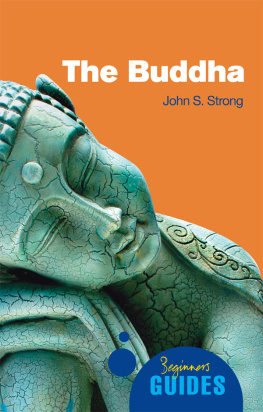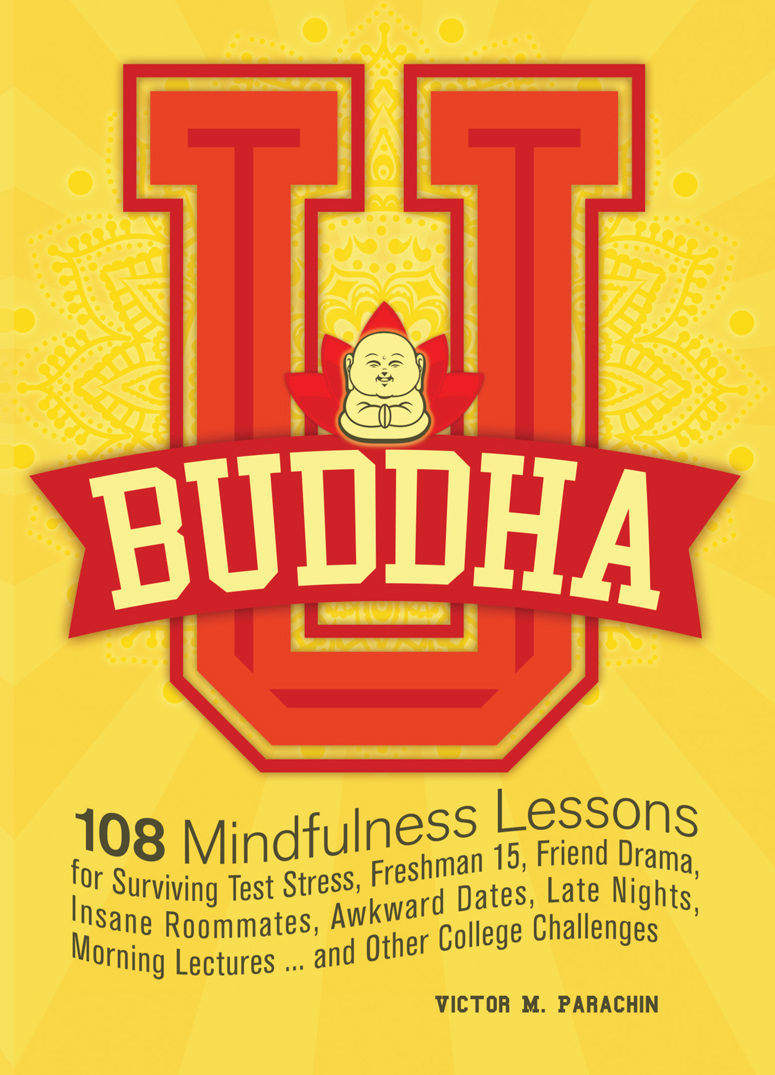
Text copyright 2016 Victor M. Parachin. Concept and design copyright 2016 Ulysses Press and its licensors. All rights reserved. Any unauthorized duplication in whole or in part or dissemination of this edition by any means (including but not limited to photocopying, electronic devices, digital versions, and the Internet) will be prosecuted to the fullest extent of the law.
Published in the United States by:
Ulysses Press
P.O. Box 3440
Berkeley, CA 94703
www.ulyssespress.com
ISBN13: 978-1-61243-631-9
Library of Congress Control Number: 2016934487
10 9 8 7 6 5 4 3 2 1
Acquisitions Editor: Kelly Reed
Managing Editor: Claire Chun
Project editor: Serena Lynn
Editor: Renee Rutledge
Proofreader: Lauren Harrison
Front cover and interior design: what!design @ whatweb.com
Cover artwork: lotus Zorana Matijasevic/shutterstock.com; monk 1507kot/shutterstock.com; backround pattern Transia Design
NOTE TO READERS: This book is independently authored and published and no sponsorship or endorsement of this book by, and no affiliation with, any trademarked brands or other products mentioned within is claimed or suggested. All trademarks that appear in ingredient lists and elsewhere in this book belong to their respective owners and are used here for informational purposes only. The authors and publishers encourage readers to patronize the quality brands mentioned in this book.
Table of Contents
Guide
Contents
One recent survey discovered that as many as eight out of ten college students said they frequently experienced stress in their lives. That was an increase of more than 20 percent from surveys done five years earlier.
The fact is that college life can be highly stressful and is not the idyllic experience often portrayed in movies and books. As a college student, some of the most common stresses you face are:

 the application process
the application process

 grade competition
grade competition

 performance anxiety
performance anxiety

 romantic relationships
romantic relationships

 establishing new friendships
establishing new friendships

 making career choices
making career choices

 roommate issues
roommate issues

 loneliness
loneliness

 working a part-time job while in school
working a part-time job while in school

 managing finances
managing finances
As college stress increases and builds pressure, you need to find ways to manage the emotional strain and mental burden. More than 2,600 years ago, the Buddha taught a path for dealing with stress, reducing suffering and deepening happiness. The tools and concepts he offered then continue to be highly effective, user-friendly, readily accessible and easily applicable for college life today.
In this book, Buddha U, there are 108 Buddhist teachings that you can utilize to survive test stress, the freshman 15, friend drama, insane roommates, awkward dates, late nights, morning lectures and other college challenges. For Buddhism, 108 is a symbolic number with a variety of interpretations. One interpretation is that of completeness. Thus, in Japan, many Buddhist temples will chime a bell 108 times to signify the completion of one year while welcoming a new one. As you go through your college year, let yourself be guided by these 108 mindful lessons. As you put them into practice, you will find yourself ending one academic year with immense satisfaction and anticipating the new one with great enthusiasm.
Victor M. Parachin
When you keep bad company, your activities of hearing, thinking and meditating decline, and they make you lose your love and compassion. Give up bad friends.
~Gyalsay Togme Sangpo
Bad friends dont have horns. Good friends dont have halos. It isnt possible to tell a good friend from a bad friend merely by appearances. Yet college is a place where new and often lifelong relationships are made. Thus, its important that the people closest to you are good friends. The Buddha consistently stressed the vital importance of cultivating positive, healthy friendships, saying, An insincere and bad friend is more to be feared that a wild beast. A wild beast may wound your body but a bad friend will wound your mind.
Because one cannot identify a bad companion from a good one by simple observation, Buddhism suggests choosing friends based on these kinds of general characteristics and qualities: A good friend is someone who is honest, ethical, has integrity, exhibits a kind heart, speaks warmly and gently, and is humble and good-natured. This kind of friend can help you evolve ethically, morally, emotionally and spiritually. Even if this friend doesnt directly talk about ethics and morals, his or her example will influence you in those positive directions.
On the other hand, a bad friend is someone who leans toward negative, poisonous emotions or actions, such as anger, gossip, unkindness, being judgmental and cruelty. These traits will have an adverse effect upon you. By keeping company with this type of person, the virtues you have developed can be halted and even deteriorate and degenerate.
So, the advice of the thirteenth century Tibetan Buddhist teacher Gyalsay Togme Sangpo is sound: Give up bad friends. Of course, doing so does not mean that you consider yourself superior to them or lack compassion for them. It is a simple recognition that their negative energy can become a hindrance to your own growth and development. Be courteous and civil toward them, but maintain healthy boundaries.
Pain is inevitable. Misery is optional.
~Victor M. Parachin
Rising early one morning, Korean Zen Master Kyong Ho (18491912) and his disciple Man Gong were in a village begging for food. At the time, the two men were living alone in a small hermitage and were dependent upon kind villagers for their daily food. So, they had to gather rice and take it back to their hermitage. This day, the villagers were very generous, filling their large rice bag to the very top.




